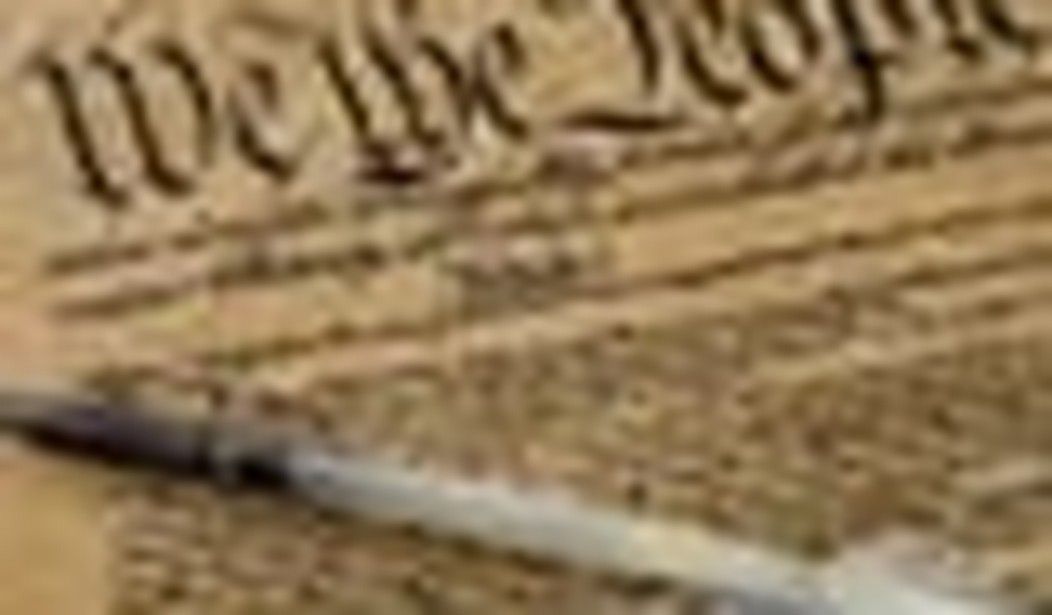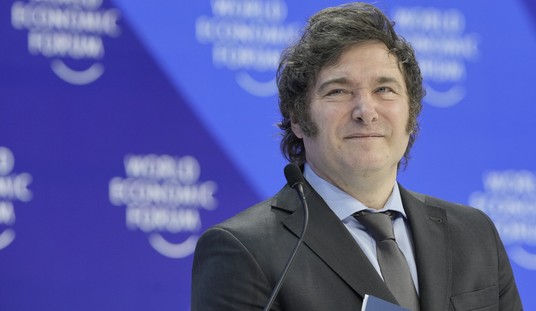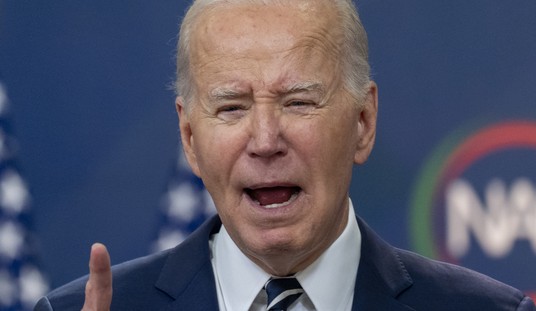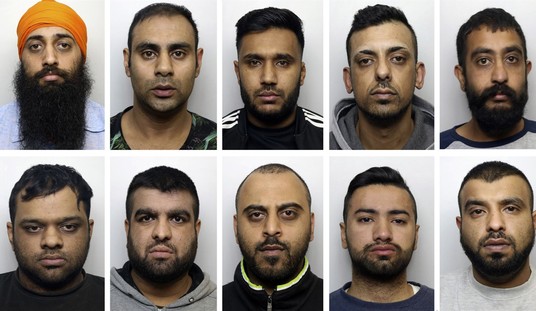On Monday, ObamaCare will get its first of several days before the Supreme Court. All nine justices (no recusals) will hear six hours of argument spread over three days. Here’s what to expect:
Monday, March 26, 10:00 a.m. — The Court will hear 90 minutes of argument on whether a federal tax law bars any challenge to the mandate requiring all individuals to purchase or obtain health insurance. At issue will be the 145-year-old Anti-Injunction Act (AIA), which says:
No suit for the purpose of restraining the assessment or collection of any tax shall be maintained in any court by any person, whether or not such person is the person against whom such tax was assessed.
Basically, the AIA provides that you cannot sue over a tax until you have paid it. At that point, you can file suit to recover based on claims that the tax was improper or should not have been assessed. The Supreme Court has previously said this law was designed to prevent interference by courts “with the process of collecting the taxes on which the government depends for its continued existence.”
A curious aspect of this argument is that the government is not arguing that the AIA bars a challenge to the individual mandate. The Justice Department has taken the position that the AIA does not apply to the mandate or the penalty for noncompliance because, it maintains, the mandate is not a tax within the meaning of the statute.
The Court itself actually appointed a private attorney — Robert A. Long, Jr., of Covington & Burling — to argue this question in defense of ObamaCare. Long will have 40 minutes, followed by U.S. Solicitor General Donald B. Verrilli, Jr., who will have 30 minutes. Gregory G. Katsas, a former Justice Department official and clerk to Justice Clarence Thomas now with Jones Day, will have 20 minutes to argue on behalf of the challengers. Katsas is advancing four arguments on behalf of the National Federation of Independent Business (NFIB), all pretty strong, that the AIA does not block the challenge to the mandate.
Tuesday, March 27, 10:00 a.m. — The Court will hear two hours of argument on the main event: the constitutionality of the individual insurance mandate that requires all Americans to buy a health insurance policy or be subject to a penalty imposed by the IRS. Arguing on behalf of the 26 states suing the administration is Paul Clement, former solicitor general of the United States during the Bush administration. Arguing for the NFIB is Michael Carvin, another Jones Day lawyer with a distinguished Justice Department record. Both advocates are very skilled and experienced Supreme Court litigators.
Wednesday, March 28, 10:00 a.m. — The Court will hear 90 minutes of argument on the issue of severability: can any part of the ObamaCare Act survive if the Court were to strike down the individual insurance mandate or any other part of the law? Paul Clement will speak for the challengers.
Wednesday, March 28, 1:00 p.m. — The Court will hear a final hour of argument examining the constitutionality of ObamaCare’s expansion of the federal Medicaid program. Clement will again be center stage. The essence of the states’ challenge is that Congress exceeded its spending powers and violated basic principles of federalism because the Medicaid expansion coerces states into accepting onerous and costly new conditions that it could not impose directly by threatening to withhold all federal funding under the single largest grant-in-aid program. The amount of money at issue for the states is enormous and a previously voluntary program for the poor is being made mandatory.
As always, the sessions will not be televised. However, the Court has promised to release the audio file of the oral arguments by 2:00 p.m. on Monday and Tuesday, and by 4:00 p.m. on Wednesday. And no, I don’t know how you can get a ticket to get in to hear the arguments other than by standing in line with everyone else for what will be the most important case decided by the Supreme Court since Brown v. Board of Education.
It will be a momentous week for the interests of liberty, freedom, and the preservation of a constitutional republic.








Join the conversation as a VIP Member